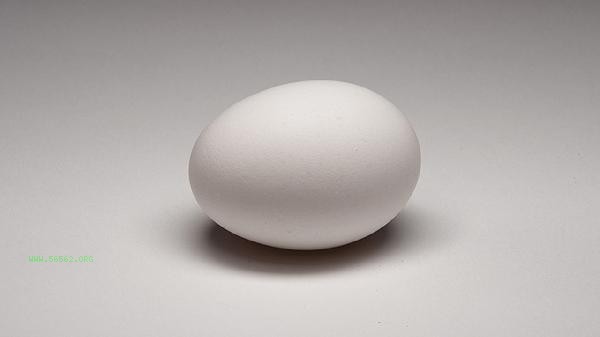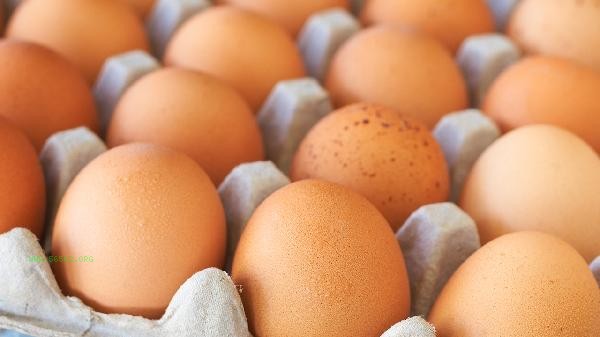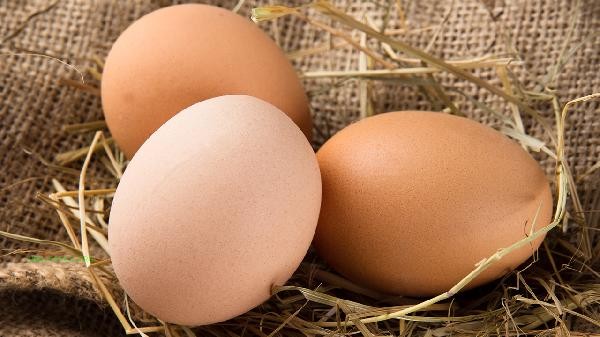The minimum storage temperature for eggs should not be lower than 2 degrees Celsius. Eggs are prone to cracking or spoilage in low temperature environments, and it is recommended to keep them within the range of 2-8 degrees Celsius during refrigeration storage. Eggs are sensitive to temperature changes. If the temperature is too low, the water inside the eggshell will freeze and expand, damaging the egg membrane structure and making it easier for bacteria to invade. When storing eggs at home, it is advisable to avoid placing them in the coldest part of the refrigerator compartment, such as near the back wall or air outlet. The ideal refrigeration temperature is around 4 degrees Celsius, which can inhibit the growth of microorganisms such as Salmonella and maintain the freshness and taste of eggs. If long-term storage is required, eggs can be sealed in a fresh-keeping box to reduce temperature fluctuations and moisture loss.

In special circumstances such as outdoor transportation in winter, brief exposure to an environment of 0-2 degrees Celsius generally does not cause significant effects, but prolonged exposure to temperatures below 2 degrees Celsius may lead to quality issues such as thickening of egg yolks and protein coagulation. If frost is found on the surface of the eggshell or the egg liquid freezes, such eggs are not suitable for consumption. Constant temperature equipment is used in commercial cold chain transportation to ensure that eggs are always in a safe temperature range.

When storing eggs in daily life, it is recommended to refrigerate them as soon as possible after purchase to avoid repeatedly taking them out of the refrigerator and putting them back in. Keeping the egg tip facing downwards during storage can extend the shelf life, while also checking if the eggshell is intact. If any abnormal odor or discoloration is found, it should be discarded immediately. Reasonably controlling the storage temperature and combining it with the correct storage method can maximize the preservation of the nutritional value and food safety of eggs.









Comments (0)
Leave a Comment
No comments yet
Be the first to share your thoughts!